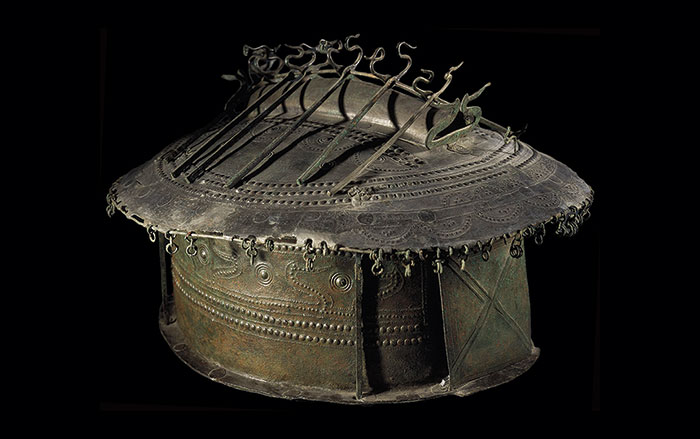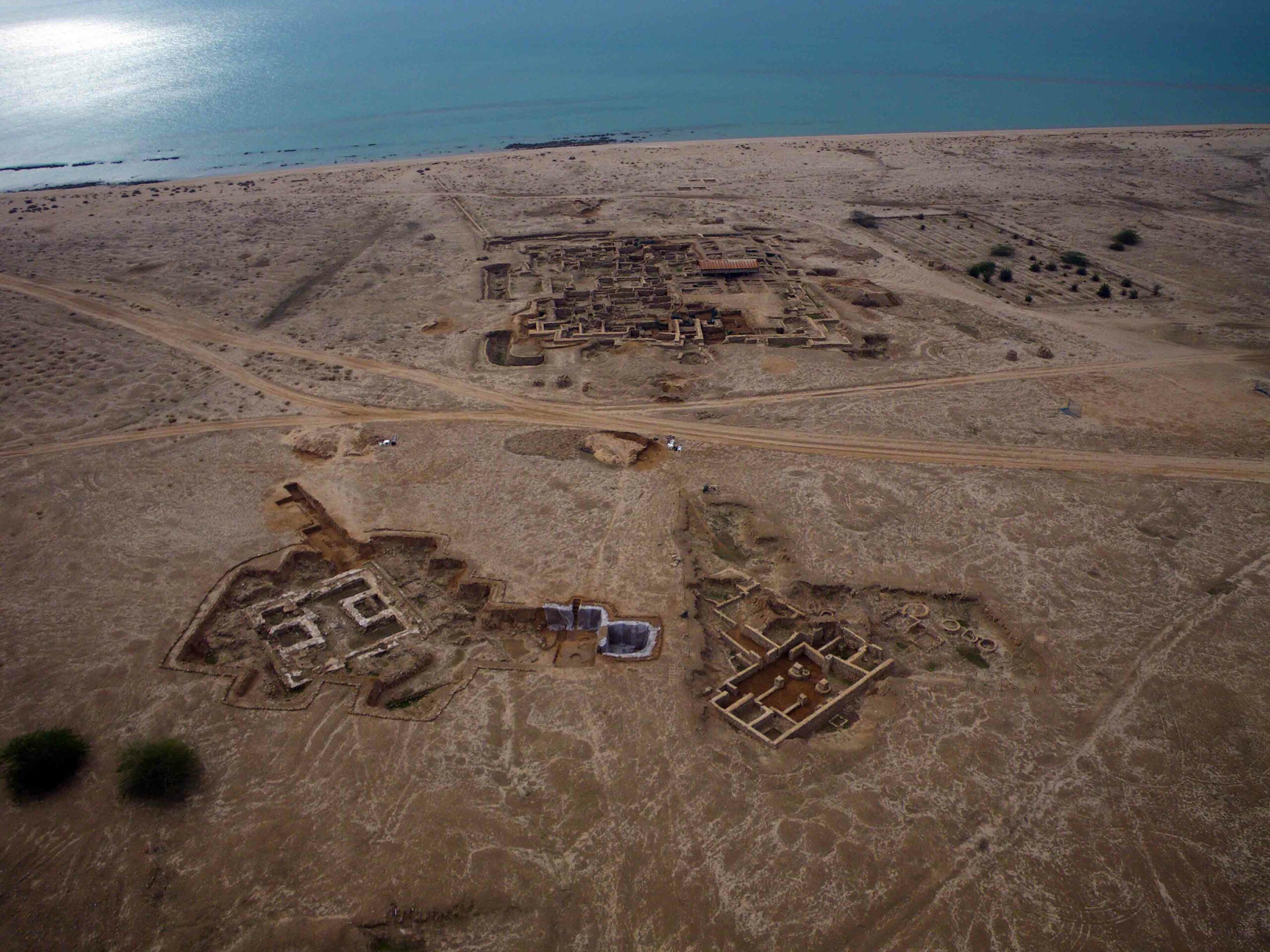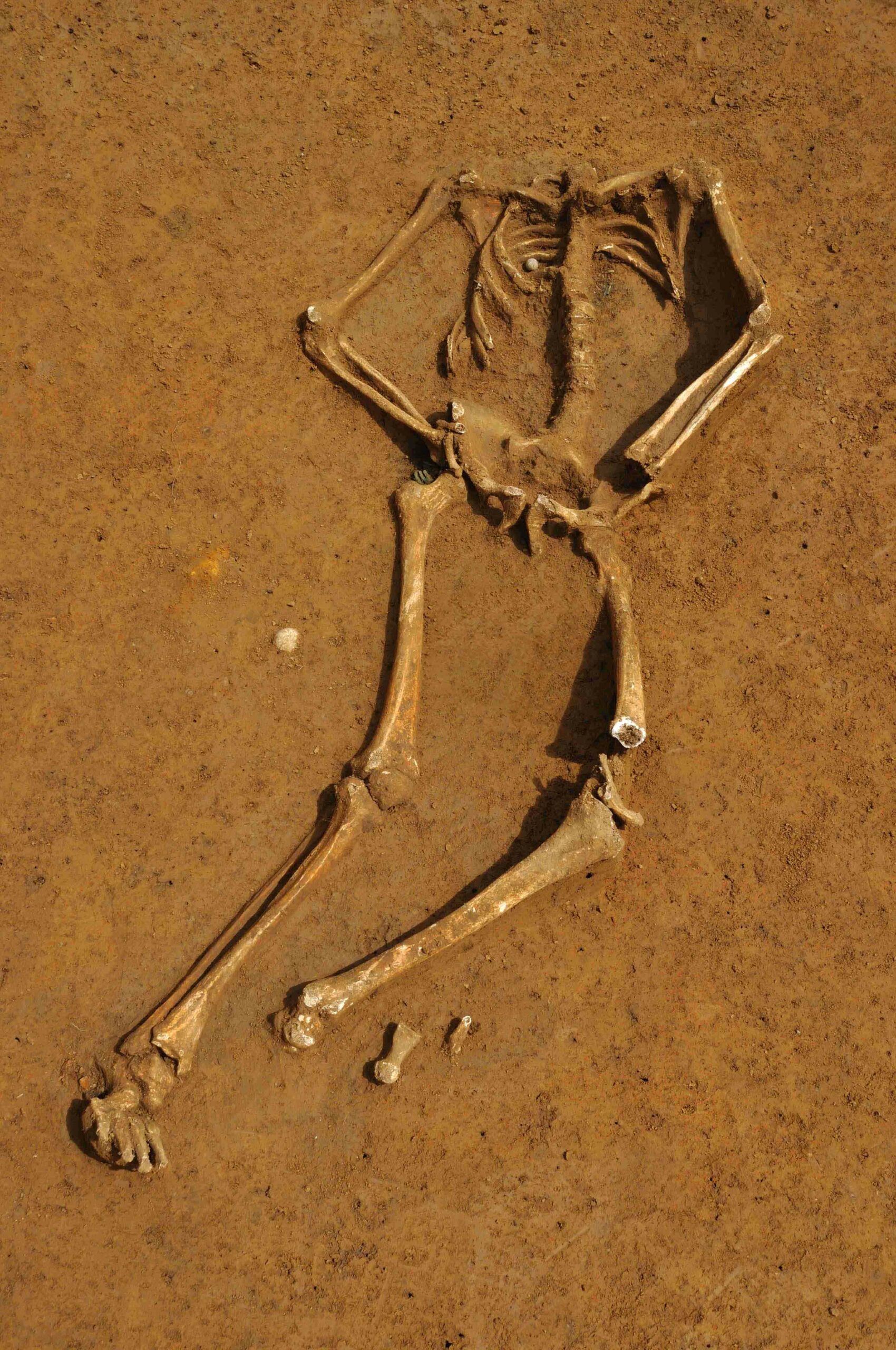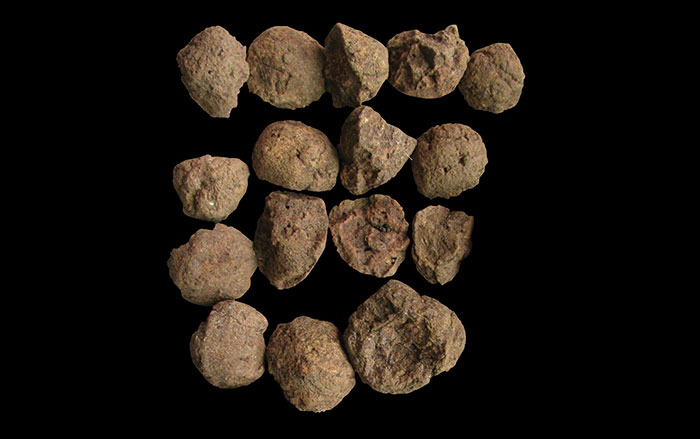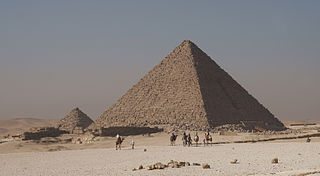
GIZA PLATEAU, EGYPT—The 10,000 workers who built the pyramid of Menkaure are known to have lived in a town located to the south of the Sphinx. A new analysis of animal bones from the site suggests that those workers and their overseers were supplied with more than 4,000 pounds of meat from cattle, goats, and sheep a day, in addition to fish, beans, lentils, grain, beer, and other foods. “They probably got a much better diet than they got in their village,” said Richard Redding of Ancient Egypt Research Associates. The tens of thousands of animals and their caretakers would have been spread out across the Nile Delta, until they were brought to the workers’ town for consumption. Archaeologists have recently found a structure with a round pen where the animals may have been slaughtered.





